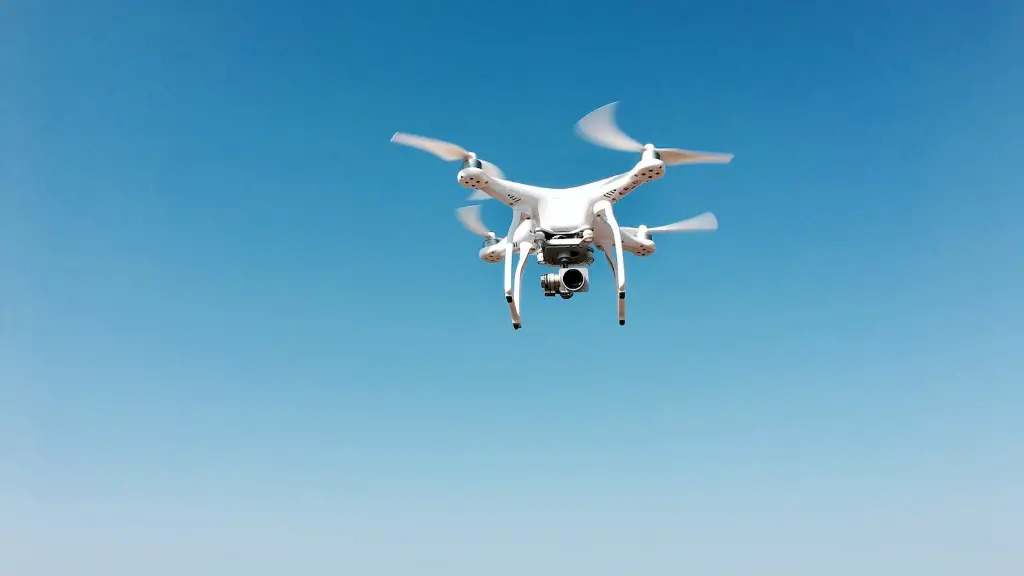What is the CIA?
The Central Intelligence Agency, more commonly known as the CIA, is a federal intelligence agency of the United States of America. Founded in 1947, the CIA is tasked with collecting, processing, and sharing foreign intelligence from foreign adversaries as well as internal security threats. The primary mission of the CIA is to serve as the main intelligence agency of the United States and to protect the country against foreign threats. The agency is also responsible for gathering foreign intelligence and disseminating it to the White House, military, and other government agencies. The CIA is headed by a director appointed by the President of the United States.
CIA Structure and Roles
The CIA is composed of four main departments: the Directorate of Intelligence, the National Clandestine Service, the Science and Technology Directorate, and the Directorate of Support. The Directorate of Intelligence is responsible for the analysis of intelligence and its dissemination to other government agencies and allied nations. The National Clandestine Service is responsible for the collection of intelligence abroad, through’Ops’, such as covert operations and foreign liaison. The Science and Technology Directorate develops and deploys thelatest technologies that assist intelligence collection and analysis. Lastly, the Directorate of Support provides the logistical and operational support needed to ensure the agency is operational.
How the CIA Operates
The CIA operates at both home and abroad, using its sophisticated technological capabilities and its powerful network of informants. The agency infiltrates foreign governments to gain intelligence about national security threats, as well as recruiting and training agents to do its bidding. At home, the CIA monitors digital communications, both domestic and international, to combat terrorism and organized crime. The agency also uses digital forensics to investigate cyber-attacks.
CIA Resources
The CIA utilizes a vast array of resources for intelligence gathering and analysis. These include HUMINT (Human Intelligence), SIGINT (Signal Intelligence) and IMINT (Imagery Intelligence). HUMINT involves personnel on the ground, in the form of agents who physically infiltrate organizations and governments to obtain classified information. SIGINT is intelligence that is intercepted from signals sent by computers or other electronic devices. IMINT involves aerial and satellite images that can be used to survey an area or a certain target. These resources, in combination with sophisticated technology, aid the CIA in the collection, analysis and dissemination of intelligence.
CIA Controversies
Despite its primary focus being the protection of the United States, the CIA has been at the center of a number of controversial incidents over the years. These include its involvement in controversial programs and black sites, such as the ‘Extraordinary Rendition’ program. The agency was also found to have carried out torture and cruel interrogation methods abroad. Furthermore, questions have been raised about their use of drones and other technology to target individuals suspected of terrorism, as well as their interference in the internal politics of other nations.
CIA Impact on Society
The CIA is a powerful and influential agency of the United States government. Its operations are often shrouded in secrecy, which can lead to misinformation and mistrust. This mistrust has led to the agency being a source of controversy, with the public often questioning the ethics and methods of the agency. Nevertheless, the CIA is a necessary component of United States national security, and its operations and resources remain a powerful tool in combating terrorism and other threats.
Impact on US Economy
The CIA has had a significant impact on the US economy. As one of the most powerful intelligence agencies in the world, the CIA has access to vast amounts of resources that can be used for national security. This includes specialised equipment such as satellites and drones, as well as various forms of intelligence gathering such as IMINT, SIGINT and HUMINT. These resources come with a hefty price tag, making them costly for the US government. Furthermore, the agency’s vast funding and personnel often provides economic opportunities in the form of jobs and contracts to private organisations.
CIA Security Protocols
The CIA is responsible for keeping classified information secure by using various protocols and measures. These protocols ensure that information is stored in an encrypted format that cannot be accessed by those without the proper clearance. To further safeguard classified information, the agency employs a series of countermeasures, such as compartmentalizing information and using access controls that limit who can access certain files. In addition to these measures, the CIA also requires its personnel to have rigorous background checks and as well undergo regular security reviews.
How the CIA is Regulated
The CIA is subject to various laws and regulations, both from the United States government and from international bodies such as the European Union. In the US, the agency is subject to the executive orders put forth by the President, as well as Congressional oversight to ensure the agency is adhering to its mandate. Additionally, the agency is subject to independent review prior to engaging in operations. Internationally, the activities of the CIA are scrutinised by various international oversight bodies, such as the European Court of Human Rights, to ensure that its activities comply with international law.
CIA’s Role in 21st Century
In the 21st century, the CIA has become increasingly vital in the fight against global terrorism, cyber-crime, organized crime, and even transnational espionage networks. The agency is also responsible for providing security and gathering intelligence in numerous overseas theaters. Furthermore, with the advent of technology, the agency’s capabilities have grown immensely, enabling it to use sophisticated technologies and analysis to combat a greater range of threats than ever before.


